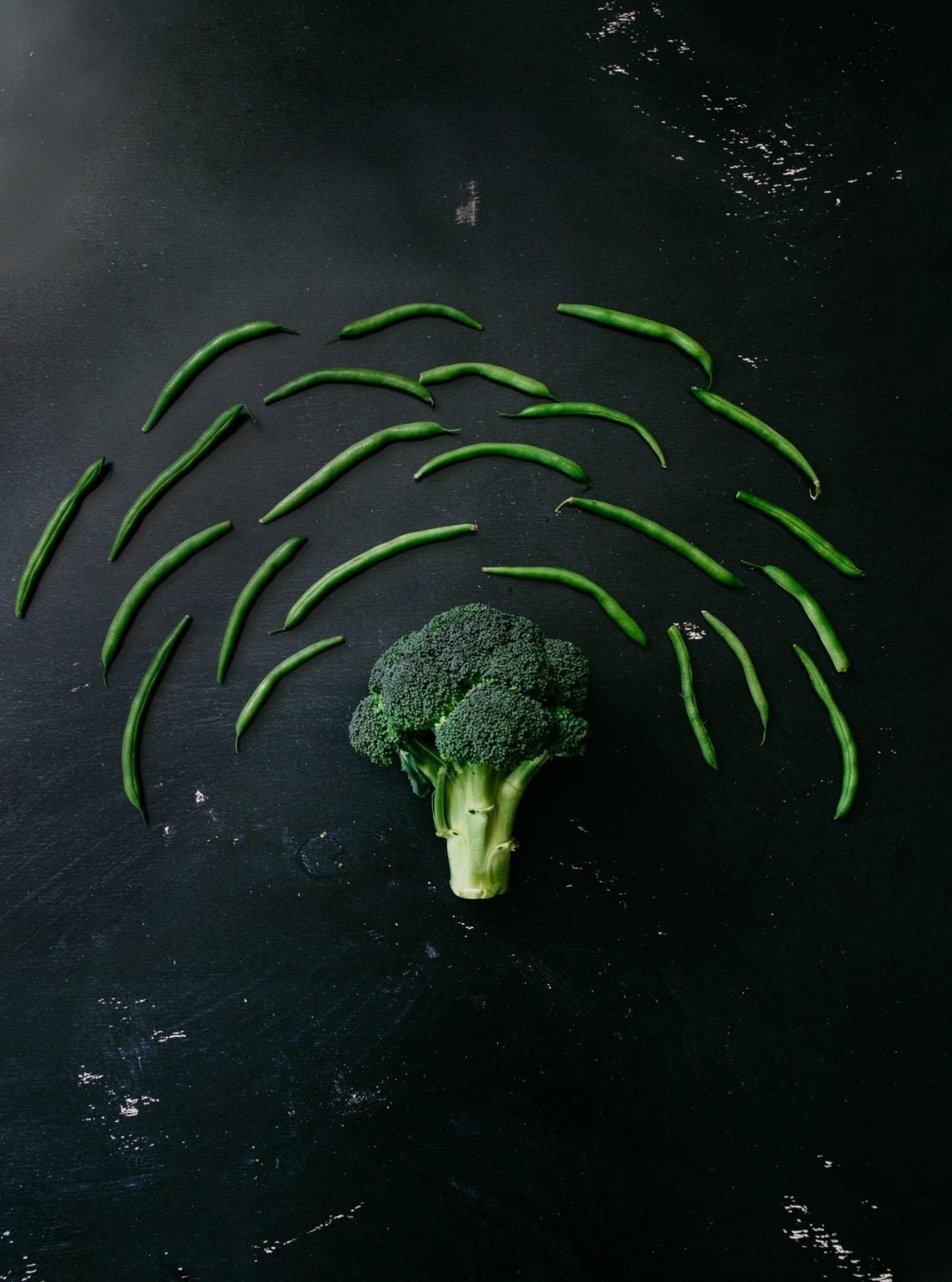Some children grimace when they encounter cauliflower or broccoli. But why do kids hate broccoli so much? According to a new study published in the Journal of Agricultural and Food Chemistry, they shouldn’t be blamed because certain enzymes in saliva spoil the taste of cruciferous vegetables, especially for some children.
These enzymes, called cysteine lyases, are produced by different types of bacteria living in the mouth. The same enzymes are also found in the cells of Brassica vegetables such as cabbage, Brussels sprouts, broccoli, and cauliflower. So when you chew a piece of broccoli, these enzymes in broccoli are released and activate enzymes in saliva. These enzymes break down a compound called S-methyl-L-cysteine sulfoxide found in cruciferous vegetables and turn it into pungent-smelling molecules.
Previous research in adults suggests that the level of activity of cysteine lyase in a person’s saliva determines how much S-methyl-L-cysteine sulfoxide is broken down and, therefore, how many odor molecules are produced in the process. This, in turn, affects how adults perceive the taste of cruciferous vegetables.
According to these past studies, when fresh cabbage is consumed, for example, there can be up to ten times the difference from person to person in the number of sulfurous odor molecules that food releases as enzymes carried in the saliva break it down.
At this point, the researchers wondered whether the same difference would be seen in children, who are often more sensitive to bitter and sour tastes than adults. They suspected that children with the most S-methyl-L-cysteine sulfoxide-derived compounds in their saliva, and therefore those whose saliva smelled, perceived the taste of Brassica vegetables worse than adults and their peers. According to the study, although the saliva of both adults and children was exposed to cauliflower, foul-smelling compounds were formed. Still, these odors did not affect whether the adults liked the vegetable or not. However, children with high levels of odor molecules in their saliva were the ones who said they hated cauliflower the most among all subjects. According to Damian Frank, a food chemist, children are particularly susceptible to S-methyl-L-cysteine sulfoxide, and a malodorous compound called dimethyl trisulfide, a byproduct of meat breakdown sensory food scientist at the University of Sydney.
This new study involved 98 pairs of parents and children ages 6 to 8. After taking samples of each participant’s saliva, the scientists mixed the samples with raw cauliflower powder, which they prepared in the laboratory. They measured the proportions of S-methyl-L-cysteine sulfoxide-derived fragrance compounds released and found that, as in previous studies, the participants’ saliva produced varying amounts of malodorous sulfur molecules. The researchers found that broccoli released the same bad odors in a separate analysis, but cauliflower did so at slightly higher concentrations.
These findings also align with past studies of how our tastes change over time. Russell Keast of Deakin University in Australia states that if we consume foods we hated as children over and over, we can love them. In fact, our taste buds do not change during this process; we are only gradually learning to enjoy a wider range of foods by consuming more of them. According to Robin Dando of Cornell University’s Department of Food Sciences, children may be more sensitive to flavor differences as their sense of taste and smell are stronger as a teenager. Still, they can learn to overcome their aversion to smelly vegetables as they try new foods, no matter what enzymes they carry on their tongues.














